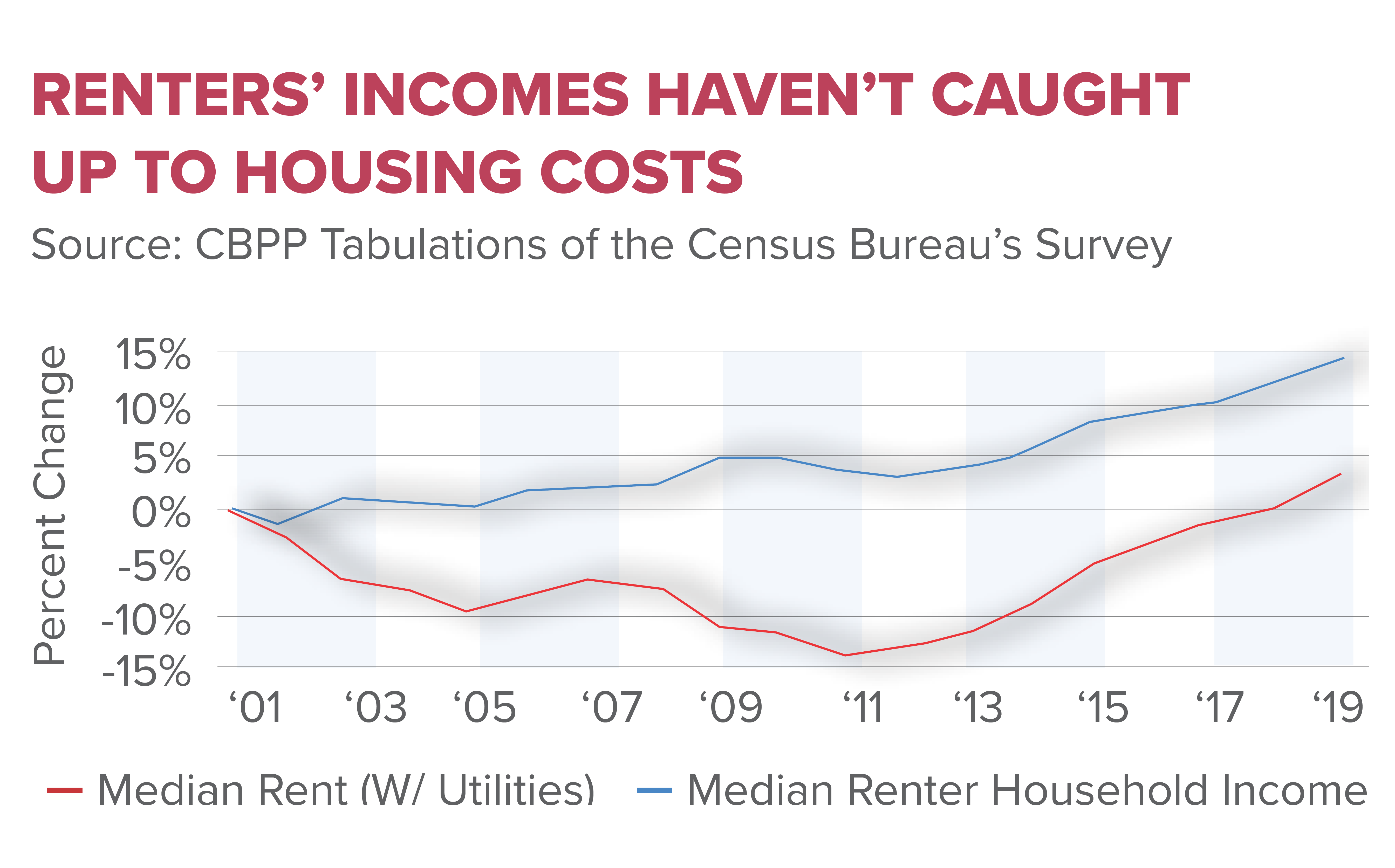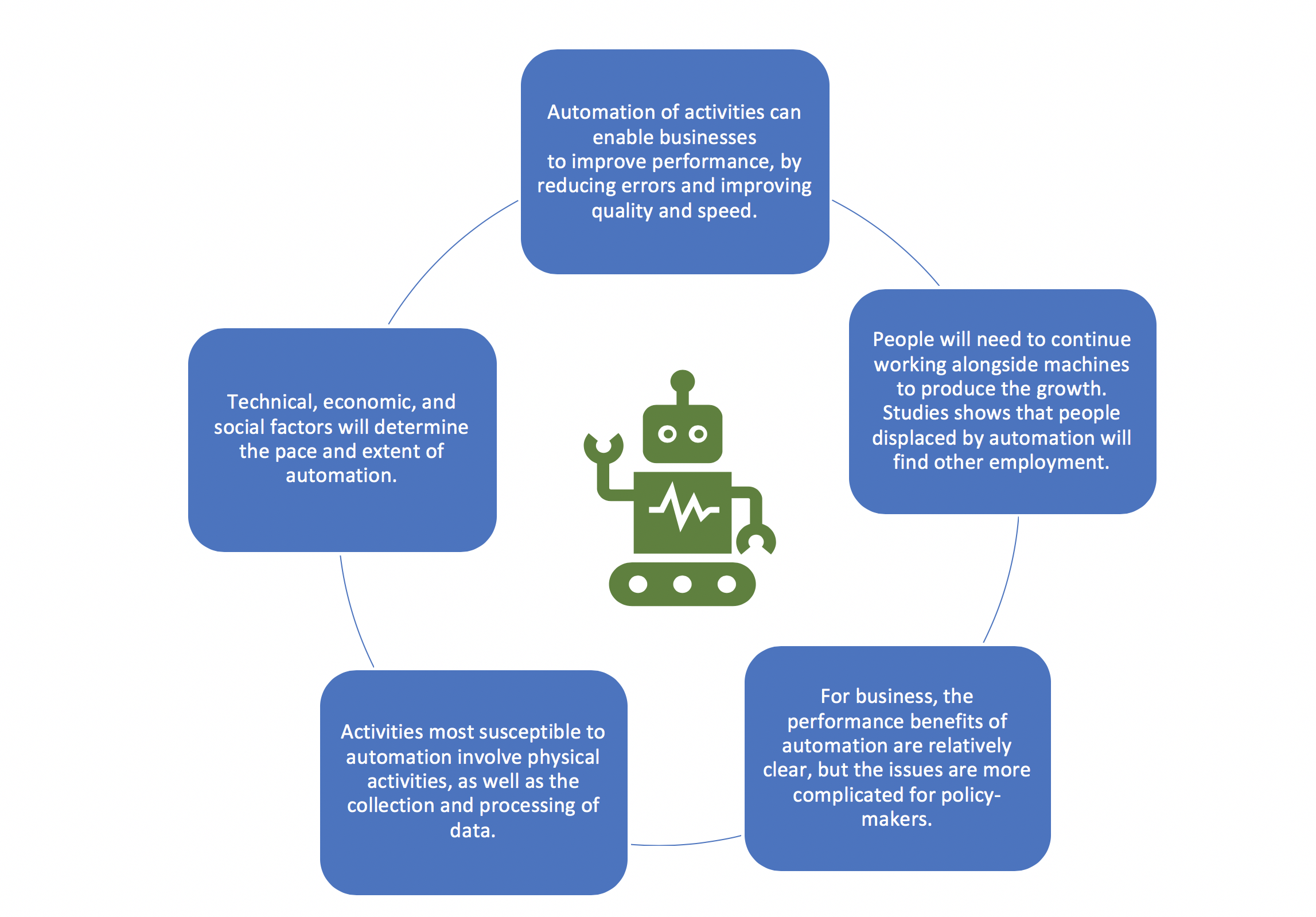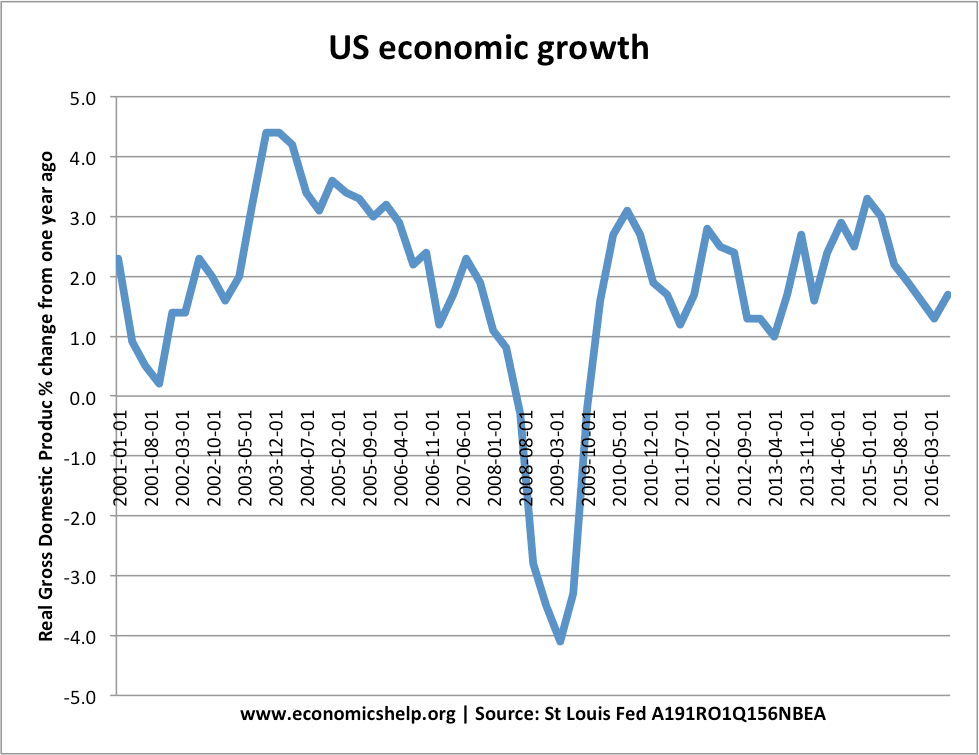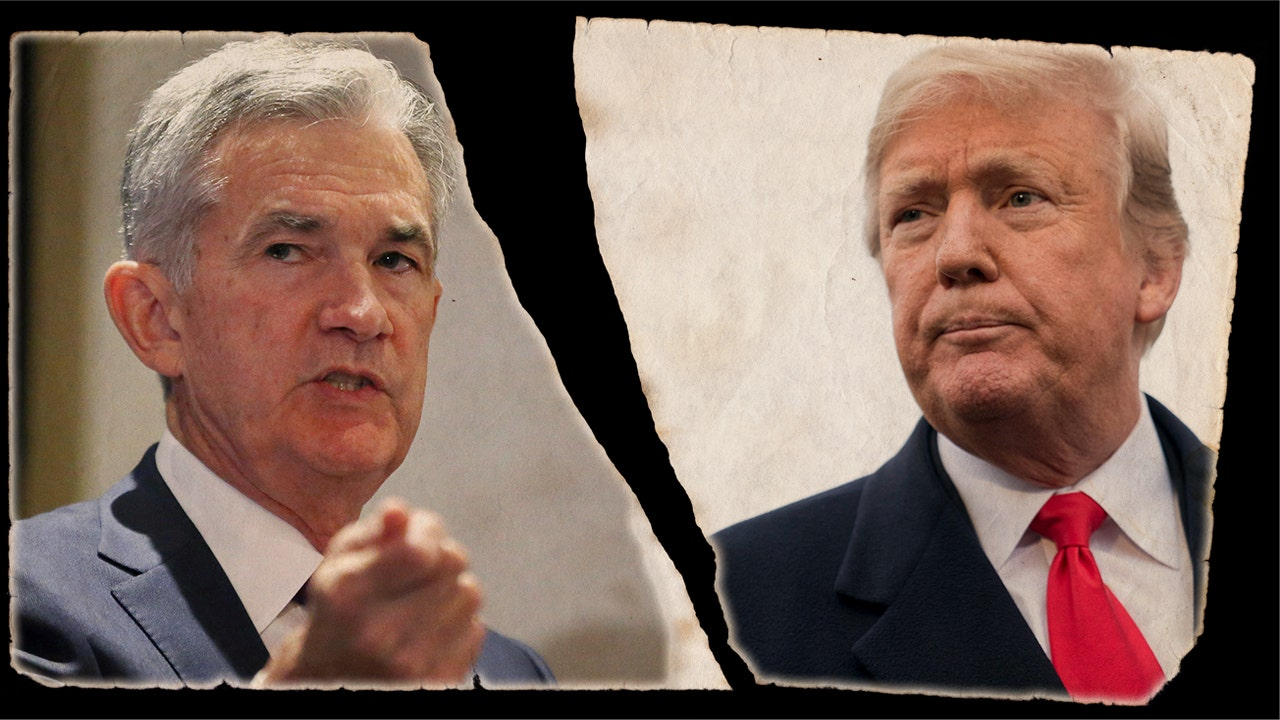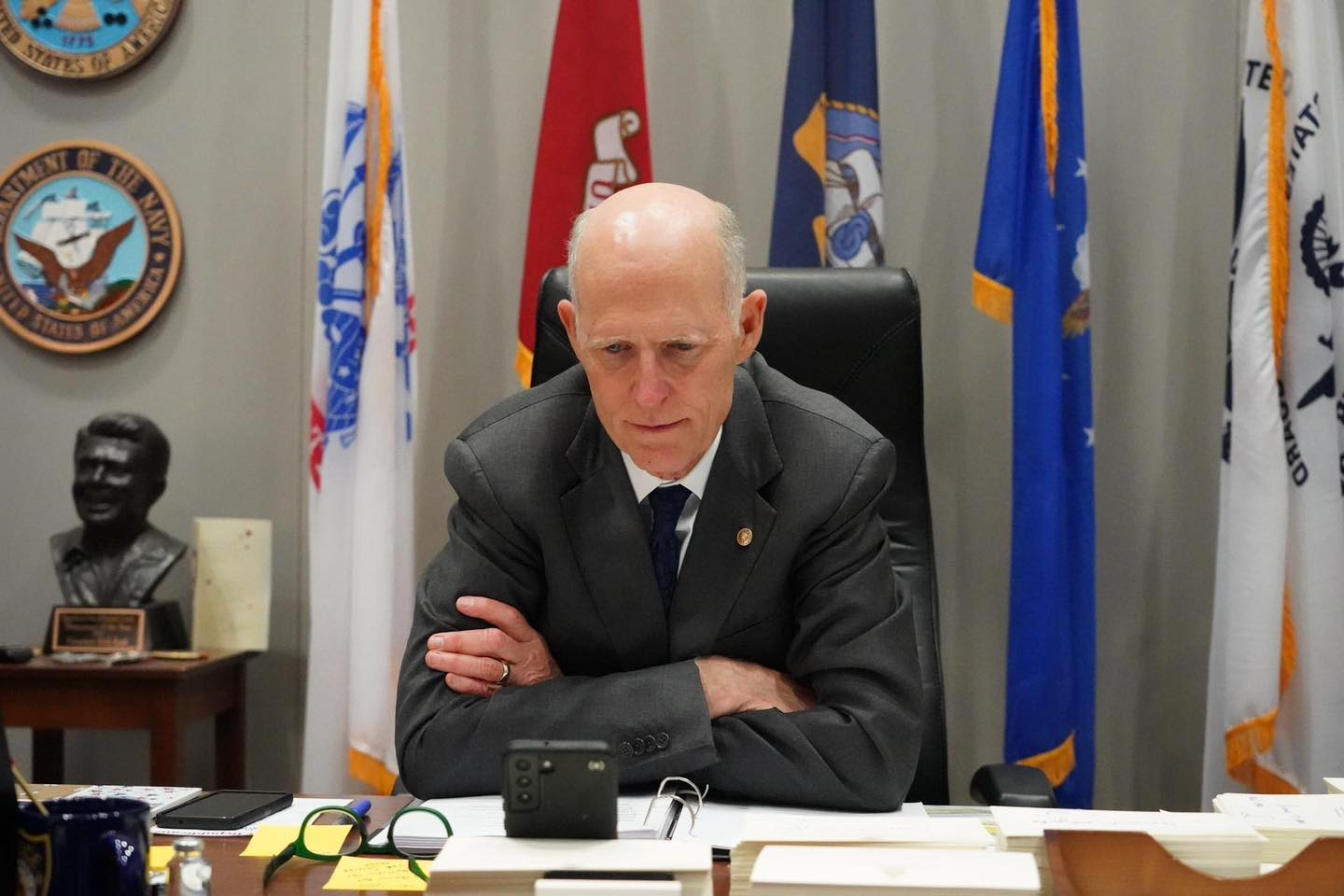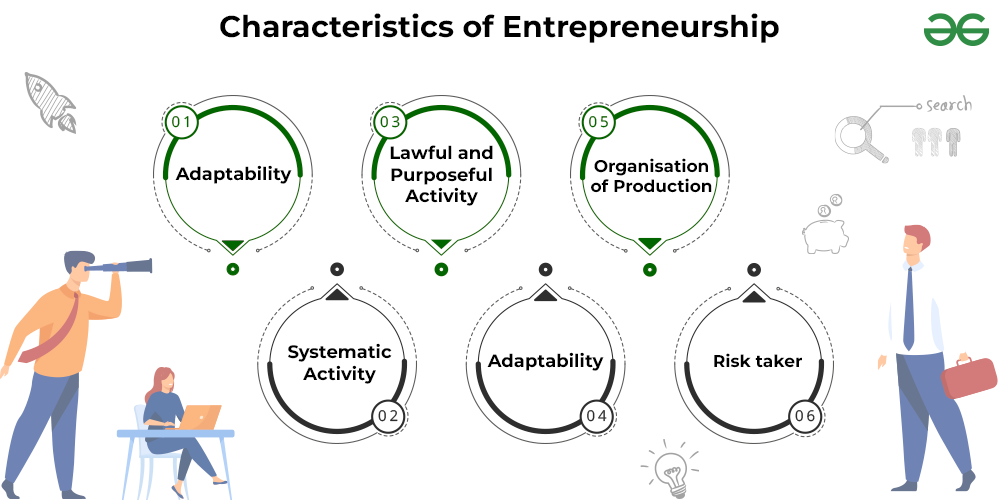Gina Raimondo, the former U.S. Commerce Secretary, has emerged as a pivotal figure in shaping policies under the Biden administration, especially in the context of the evolving economy. With a robust track record as the Governor of Rhode Island, she took bold steps that included cutting taxes and implementing free community college tuition, showcasing her commitment to fostering economic growth and stability. At the forefront of political changes, Raimondo’s focus has always been on addressing the needs of everyday Americans, ensuring that infrastructure investment plays a crucial role in creating opportunities. Her strategic insights into the Biden administration’s economic policies highlight the importance of collaboration in addressing supply chain challenges during the COVID-19 pandemic. Through her leadership, Raimondo emphasizes that progress often requires breaking down barriers while protecting communities, a principle that resonates deeply in today’s political landscape.
As a prominent figure in American politics, the policies championed by Gina Raimondo reflect a broader effort to navigate the complexities of the U.S. economy and implement necessary reforms. Serving as a significant member of the Biden administration, her approach underscores a commitment to infrastructure improvements and economic resilience. Amidst the challenges faced during her tenure, her strategies aimed at enhancing collaboration and building strong relationships with international partners played a crucial role in addressing the crises that arose. By prioritizing the well-being of the workforce and promoting innovative solutions to pressing issues, Raimondo exemplifies the forward-thinking leadership necessary for modern governance. The ongoing political shifts also highlight the imperative for inclusive opportunities that resonate with the values of a changing economic landscape.
Gina Raimondo’s Vision for Economic Reform
Gina Raimondo has consistently demonstrated her commitment to transformative economic policies aimed at reviving the American economy. During her tenure as Governor of Rhode Island and later as U.S. Commerce Secretary, she implemented visionary strategies that prioritized the well-being of the working class. This includes her significant push for infrastructure investment under the Biden administration, which reflects her understanding that strong infrastructure is essential for economic growth. By advocating for policies that cut taxes and raise wages, Raimondo has laid the groundwork for sustainable economic reforms that can provide long-term benefits to American families.
Aligned with the Biden administration’s economic goals, Raimondo’s approach emphasizes the necessity of radical changes—what she refers to as the need to “break things” to create better systems. Her leadership in crafting the Infrastructure Investment and Jobs Act represents a crucial step towards revitalizing America’s workforce and economy. By linking economic policies directly to community welfare, she has shown that it’s possible to melt away bureaucratic red tape while still enforcing fair practices for all Americans.
Navigating Supply Chains and Crisis Management
Raimondo’s work during the COVID-19 pandemic highlighted her strategic approach to managing supply chain disruptions that affected various sectors across the economy. Understanding the complexities of these supply chains was vital, particularly in a time when pharmaceutical supplies faced shortages and everyday items became hard to find. Her initiatives included the development of critical spreadsheets that tracked essential supplies, which were instrumental in navigating the chaos of the pandemic. This careful analysis and proactive management exemplify how effective leadership can mitigate crises.
Moreover, her insistence on fostering international relationships under President Biden’s directive has been pivotal. By emphasizing that America thrives on collaboration rather than isolation, Raimondo has positioned the U.S. as a competitive player on the global stage. Her focus on partnerships with Southeast Asian countries not only aimed to alleviate immediate supply chain challenges but also prepared the nation for future economic resilience by ensuring that America has the resources and alliances it needs to prevail in a connected world.
The Impact of Infrastructure Investments on America’s Economy
Gina Raimondo’s influence on infrastructure investments is a cornerstone of her legacy within the Biden administration. The Infrastructure Investment and Jobs Act, a comprehensive approach to revitalizing America’s infrastructure, is set to generate millions of jobs while modernizing outdated structures. Raimondo’s insistence on linking infrastructure spending to job creation reflects her understanding of the interconnected nature of economic health and public investment. This commitment to improving physical and digital infrastructure stands to boost productivity and competitiveness across various sectors.
Furthermore, this initiative illustrates how infrastructure improvements can serve as a catalyst for broader economic growth. By promoting direct employment opportunities through construction and maintenance projects, the act aims to address unemployment and stimulate local economies. Raimondo’s policies are designed not only to respond to immediate economic needs but also to create sustainable pathways for economic development that will benefit future generations, ensuring that all Americans can participate in the economy.
Challenges and Triumphs in Policy Execution
Despite the groundbreaking initiatives championed by Gina Raimondo, the journey has not been without its challenges. The delicate balance of achieving bipartisan support in a polarized political environment remains a key hurdle. For instance, during discussions about possible compromises in the Biden administration, Raimondo reflects on how essential it is to implement effective changes without alienating stakeholders. She recognizes that political progress often entails negotiating with various factions, which can dilute certain aspects of legislation but is necessary for actual advancement.
Raimondo’s openness about her experiences reinforces the complexity of navigating policy execution amid differing political agendas. While some critics question whether her compromises were too frequent, she maintains that substantial progress was made despite the hurdles. Her approach conveys a fundamental truth in politics: significant change often requires patience, strategy, and a willing heart to engage in tough discussions to ensure that the needs of everyday Americans are met with fairness and accountability.
Balancing Economic Growth and Social Responsibility
As a staunch advocate for aligning economic policies with social responsibility, Gina Raimondo emphasizes that economic growth should not come at the cost of marginalized communities. Her leadership includes implementing labor market programs that require companies seeking economic assistance to enhance their workforce inclusivity. By integrating childcare plans into business models, she has effectively underscored the critical nature of support systems that enable women to participate in the workforce, which is pivotal for achieving a balanced and equitable economy.
Raimondo’s philosophies reflect a fundamental shift toward viewing economic policies through a lens of social impact. This approach recognizes that sustainable growth necessitates addressing underlying societal issues, such as workforce diversity and accessibility. By bridging the gap between economic initiatives and social programs, she advocates for a model of governance that understands the economy as an ecosystem where every player—especially those historically overlooked—deserves a stake in the collective success.
The Role of America’s Global Relationships in Economic Policy
Gina Raimondo’s reviews of America’s global relationships provide insight into her beliefs about international cooperation in economic policy. Under her guidance as U.S. Commerce Secretary, initiatives like the CHIPs and Science Act prioritize domestic manufacturing while fostering international trade partnerships. This duality is essential in an age where global interdependence affects every facet of economic performance. By reinforcing diplomatic ties, Raimondo aims to ensure that America is not only competitive but also collaborative in the global marketplace.
Moreover, her acknowledgement of potential threats posed by nations that do not play by the rules—such as China—allows for a realistic approach to policy development. By advocating for fair trade practices, Raimondo emphasizes the need for reciprocity in economic dealings, which can protect American interests while promoting global fairness. This diplomatic strategy aligns well with the Biden administration’s broader vision, reinforcing the idea that America can lead in economic initiatives while also fostering a fair playing field worldwide.
Lessons from Raimondo’s Governance in Rhode Island
Gina Raimondo’s tenure as Governor of Rhode Island offers invaluable lessons for future policymakers. Her resolve to cut taxes while simultaneously increasing state investments in education and infrastructure showcases a balanced approach to governance. These strategic decisions reflect her belief that responsible fiscal management can lead to community growth, which is essential in fostering a vibrant economy. Her experiments in Rhode Island serve as a case study that highlights the potential for sound policies to elevate living standards without compromising financial stability.
Moreover, Raimondo’s experience illustrates the importance of adaptability in leadership roles. The initiatives she implemented, such as raising the minimum wage and making community college tuition-free, were direct responses to needs expressed by her constituents. By actively engaging with the community, she crafted policies aimed at levelling the economic playing field. Policymakers can learn from her example that successful governance often stems from a willingness to listen to the public and a readiness to adapt policies accordingly, aiming for comprehensive change.
The Intersection of Technology and Economic Policy
The digital economy has become a central theme in discussions surrounding economic policy, and Gina Raimondo has positioned technology at the forefront of her initiatives. Her acknowledgment of the need for a robust domestic semiconductor manufacturing sector illustrates her commitment to fostering innovation and self-reliance in national industries. As she pointed out, critical technologies such as artificial intelligence depend heavily on advanced semiconductors, which underpins national security and economic stability.
By prioritizing the CHIPs and Science Act, Raimondo aims to encourage investments in the tech sector, simultaneously addressing technological dependence on foreign production. This proactive strategy not only aims to enhance America’s competitive advantage but also seeks to create jobs and stimulate economic activities tied to innovation. Her efforts encapsulate a broader understanding that the future of economic policy must integrate technological advancements as a pivotal component of national growth strategies.
Understanding Inflation and Economic Stimulus Decisions
The debate surrounding the economic stimulus measures implemented during the COVID-19 pandemic has centered on perceptions of inflation and economic recovery. Gina Raimondo, reflecting on her experiences during this time, asserts that decisive action was essential to prevent unemployment from spiraling out of control. Her perspective highlights a critical understanding: while inflation is a valid concern, the alternative of failing to provide adequate support could have led to prolonged economic hardship for millions of Americans.
Raimondo’s defense of the stimulus package serves as an example of the challenging calculations policymakers must navigate. She emphasizes that investments made during crises must be weighed against potential long-term consequences—such as inflation—but should prioritize immediate stability and recovery. This balanced approach encourages a dialogue about the importance of timely interventions in safeguarding the economic well-being of the population, especially during unprecedented times.
Frequently Asked Questions
What are Gina Raimondo’s key policies during her tenure as U.S. Commerce Secretary?
As U.S. Commerce Secretary, Gina Raimondo focused on enhancing the U.S. economy through various key policies. This included the implementation of the CHIPs and Science Act aimed at boosting domestic semiconductor production, addressing supply chain disruptions post-COVID, and fostering international partnerships to strengthen trade relationships. Her policies emphasized fiscal responsibility and require significant private sector investment for every public dollar spent.
How did Gina Raimondo influence the Biden administration’s economy?
Gina Raimondo significantly influenced the Biden administration’s economy by coordinating initiatives that aimed to recover from COVID-19 impacts. She played a pivotal role in the Infrastructure Investment and Jobs Act and emphasized the importance of rebuilding supply chains, promoting domestic manufacturing, and advocating for economic policies that prioritized workforce participation and inclusivity.
What political changes did Gina Raimondo advocate while serving as Governor of Rhode Island?
As Governor of Rhode Island, Gina Raimondo advocated for significant political changes, including cutting taxes annually, raising the state minimum wage, and making community college tuition free. Her administration also worked on reducing regulations to promote economic growth, showcasing her belief in rethinking longstanding policies to better serve the public.
What role did Gina Raimondo play in the Infrastructure Investment and Jobs Act?
Gina Raimondo played a crucial role in shaping the Infrastructure Investment and Jobs Act, which aimed to address the country’s infrastructure needs and improve economic competitiveness. This act not only focused on physical infrastructure but also on creating jobs and investing in modernizing the economic framework, demonstrating her commitment to enhancing U.S. competitiveness on a global scale.
How did Gina Raimondo address supply chain challenges as U.S. Commerce Secretary?
Gina Raimondo addressed supply chain challenges by first mapping out critical supply chains and collaborating with international partners to resolve disruptions caused by the COVID-19 pandemic. Her strategic approach included creating a supply chain task force and leveraging relationships to ensure essential goods were accessible, thereby reinforcing the U.S. economic infrastructure.
What is Gina Raimondo’s perspective on free trade, particularly in relation to China?
Gina Raimondo believes in the principles of free trade but emphasizes the need for fairness and reciprocity. She criticized China’s trade practices, noting that the U.S. must ensure that all parties adhere to trade rules. Her perspective suggests that while free trade is beneficial, it must be balanced with measures that protect American industries and labor.
What initiatives did Gina Raimondo support to address labor market challenges?
Gina Raimondo supported initiatives that integrated social programs with economic strategies to enhance labor market conditions. She highlighted the importance of supporting childcare access to attract women into the workforce, indicating that these measures were designed not as mere social programs but as essential components for economic growth and job creation.
How has Gina Raimondo’s personal background influenced her political career?
Gina Raimondo’s personal background as the granddaughter of immigrants and the values instilled by her large Italian family have profoundly influenced her political career. Her commitment to advocating for the ‘little guy’ and ensuring fairness in economic opportunities stems from her upbringing and her observation of the American dream’s challenges, driving her to make impactful policy changes.
What lessons did Gina Raimondo learn from her time in the Biden administration?
From her time in the Biden administration, Gina Raimondo learned valuable lessons about the complexities of governance, especially in a divided Congress. She acknowledged that progress often involves compromise, and while it may come with challenges and criticisms, achieving meaningful change requires navigating political realities effectively.
How did Gina Raimondo address the issue of inflation during her tenure?
Gina Raimondo defended the Biden administration’s stimulus measures, arguing that while they may have contributed to inflation, they were necessary to prevent catastrophic unemployment rates during the economic fallout from COVID-19. She emphasized the importance of balancing fiscal policies with immediate economic recovery needs to support millions of Americans.
| Key Points | Details |
|---|---|
| Gina Raimondo’s Approach | Gina Raimondo emphasizes that effective change often involves taking risks and potentially disrupting the status quo. This approach helped her while serving as governor and commerce secretary. |
| Tax and Wage Reforms | During her tenure, Raimondo cut taxes, raised the state minimum wage, and made community college tuition free for Rhode Island residents, aiming for fairness and opportunity. |
| COVID-19 Supply Chain Challenges | Raimondo highlighted the disruptions in supply chains during COVID-19 and responded by creating critical supply chain spreadsheets and fostering international relationships under President Biden. |
| CHIPs and Science Act | She played a significant role in initiating this act to boost domestic semiconductor production, acknowledging its importance for national security. |
| Economic Strategy | Raimondo explained the fiscal responsibility principle behind investments made under her watch, expecting substantial private-sector funding for government investments. |
| Critique on Progress and Inflation | She acknowledged that while there were mistakes and compromises during her political career, significant progress was made, especially concerning unemployment recovery during the pandemic. |
Summary
Gina Raimondo, a prominent figure in American politics, exemplifies how transformative leadership can tackle economic challenges without compromising the well-being of individuals. Her experiences as both the Governor of Rhode Island and the U.S. Commerce Secretary underscore the delicate balance required in implementing necessary reforms while maintaining fairness and support for everyday Americans. Through her efforts in legislative initiatives such as the CHIPs and Science Act, she demonstrates a commitment to strengthening the American economy and infrastructure. As she continues to lead discussions on competitiveness and equitable economic policies, her strategies highlight the importance of thoughtful changes that can produce lasting benefits for all.

